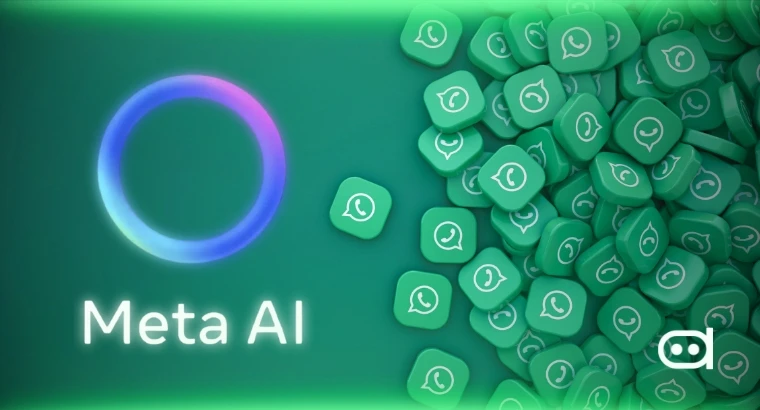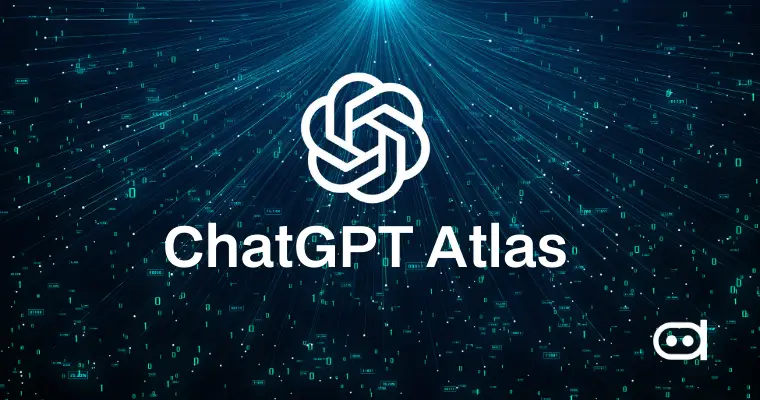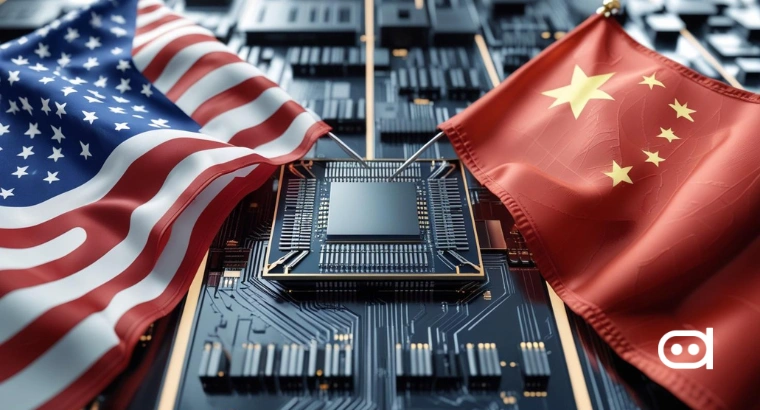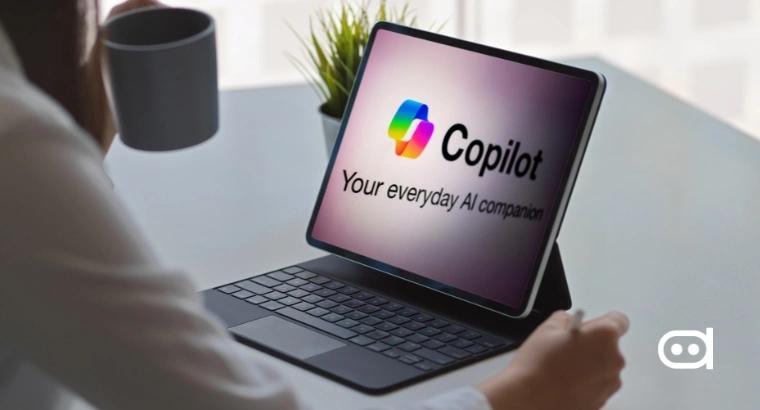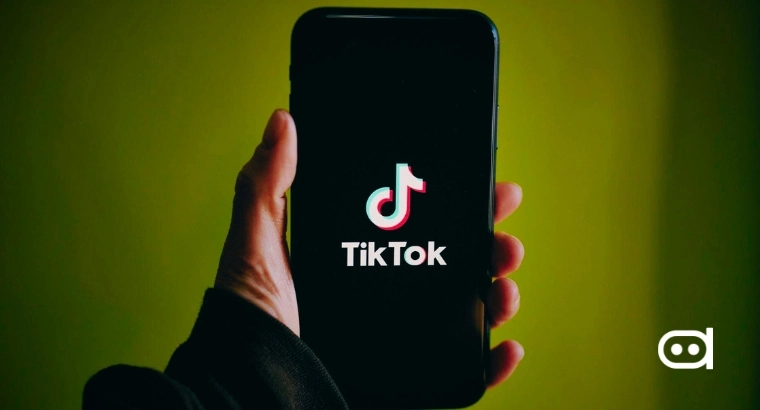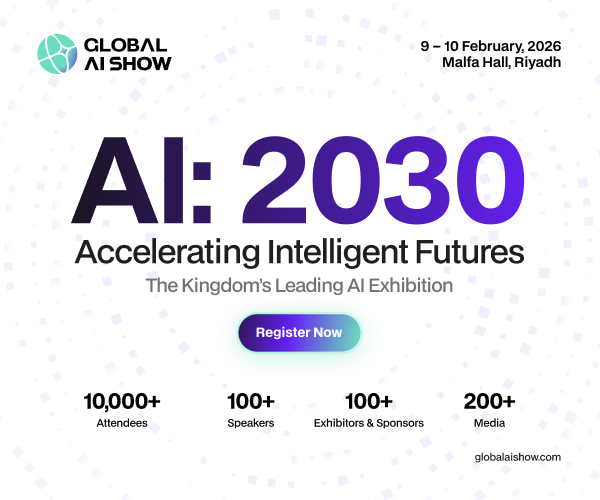
Speaking at the Hawaiian Eye 2025 conference, Allison W. Shuren, a knowledgeable attorney in healthcare law, underscored the need for joint cooperation within the Ophthalmology community to develop comprehensive regulations for implementing artificial intelligence (AI) in health care. It is high time to consider AI as an integral part of the healthcare practice, it is equally important to minimise or mitigate all possible risks that could be associated with it with the help of a combined effort of various medical professionals.
Shuren pointed out that AI has the potential of causing significant changes in the field of health care in general and advised that anyone in the medical profession should understand this in order to avoid legal and ethical disasters when using the technology. She agreed to the fact that there is an ongoing debate as to the effects of AI on the practice of medicine or the risks that come with it and added that efforts should be made to adopt this technology systematically to reduce the risks that come with it. This was stated by Shuren while giving her presentation.
The imperative for such action stems from the fast pace at which AI technologies are developing concurrently with the corresponding legal framework, which has failed to capitalize on such advancements. Shuren emphasised the importance of setting or creating governing bodies that will regulate the use of AI and such stressed on three main areas namely safety, confidentiality of patients, and reliability. Lacking these precautions, there is a higher probability of developing problems or misuse as the use of AI in clinical practice increases, including probability of errors or misconduct.
An event in 2024 showed potential legal implications that the application of AI in the healthcare industry has. A recent legal case involved a technology company that was accused of feeding hospitals with wrong details about patients using its generative AI model. This can be considered to be the first time that AI-related concerns in the field of health care have been addressed in such a manner. In addition, the recent set guidelines from the U.S. Department of Justice require organisations to be assured that their use of AI is secure and dependable.
Shuren stated that there is increasing interest on the application of AI in the health care sector, be it for billing through the use of electronic records or using its generative ability to make decisions. The expectation is that these technologies will be adopted safely because there is enhanced awareness and risks associated with technology usage.
As pointed out during the presentation, the medical and ophthalmic industry share the same responsibility for coming up with standard procedures concerning the application of artificial intelligence (AI). Shuren recommended that the practices be required to complete a detailed check-off list to ensure that they are fully apprised about the AI system and how it is evaluated prior to implementation in practice. This list should point out some issues like avoiding bias at least with the help of using more than one data source, issues with data storage and protection, problems connected with industry standards and with technologies.
As such, Shuren insisted on the interaction of the whole community and pointed out that nothing like this can be achieved by only one practice or one practice alone in the whole community.
Revolutionizing Ophthalmology with AI
The importance of artificial intelligence (AI) goes beyond individual doctors’ practices and can affect the overall industry of ophthalmology. With the use of the AI, it’s evident that several activities can be made more efficient and the diagnoses made would be accurate thus improving the health of patients. Nevertheless, it is important to do this integration in the right way and without compromising the ethical standards. Failure to do so could have adverse effects like risking the lives of the patients or facing the law.
As for these challenges, Shuren stated that one has to admit that it is crucial to develop good communication and coordination of actions among doctors in providing foundational knowledge and sharing experience. She stressed the importance of the medical and ophthalmology profession acting in tandem to set standards, protect one another’s practice and mining ideas.
Since the application of artificial intelligence (AI) is rapidly penetrating the health care industry, there is a need to set certain rules and adhere to them. This will not only assist in managing and eliminating any possible risks but also in effectively unleashing the full potentials on the benefit side.
Latest Stories:
Apple Suspends AI Feature After Fake News Alerts Spark Concerns
Netradyne Raises $90M In Funding to Advance AI-powered Fleet Safety
Singtel Launches AI-Themed CNY Film Showcasing Smart Home Innovation
